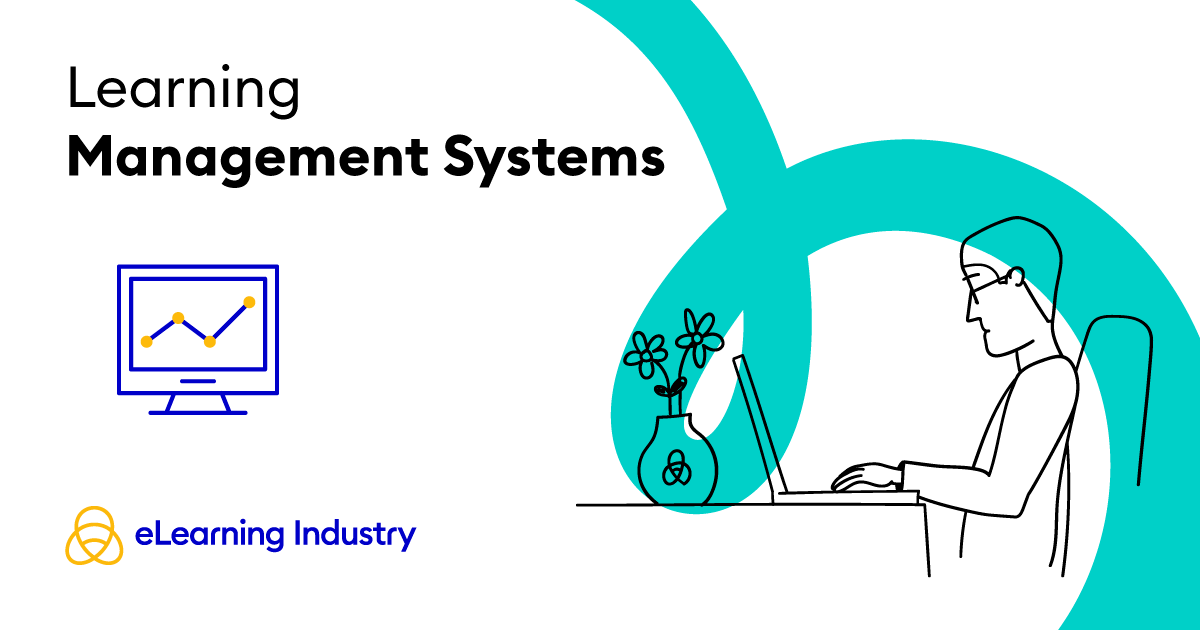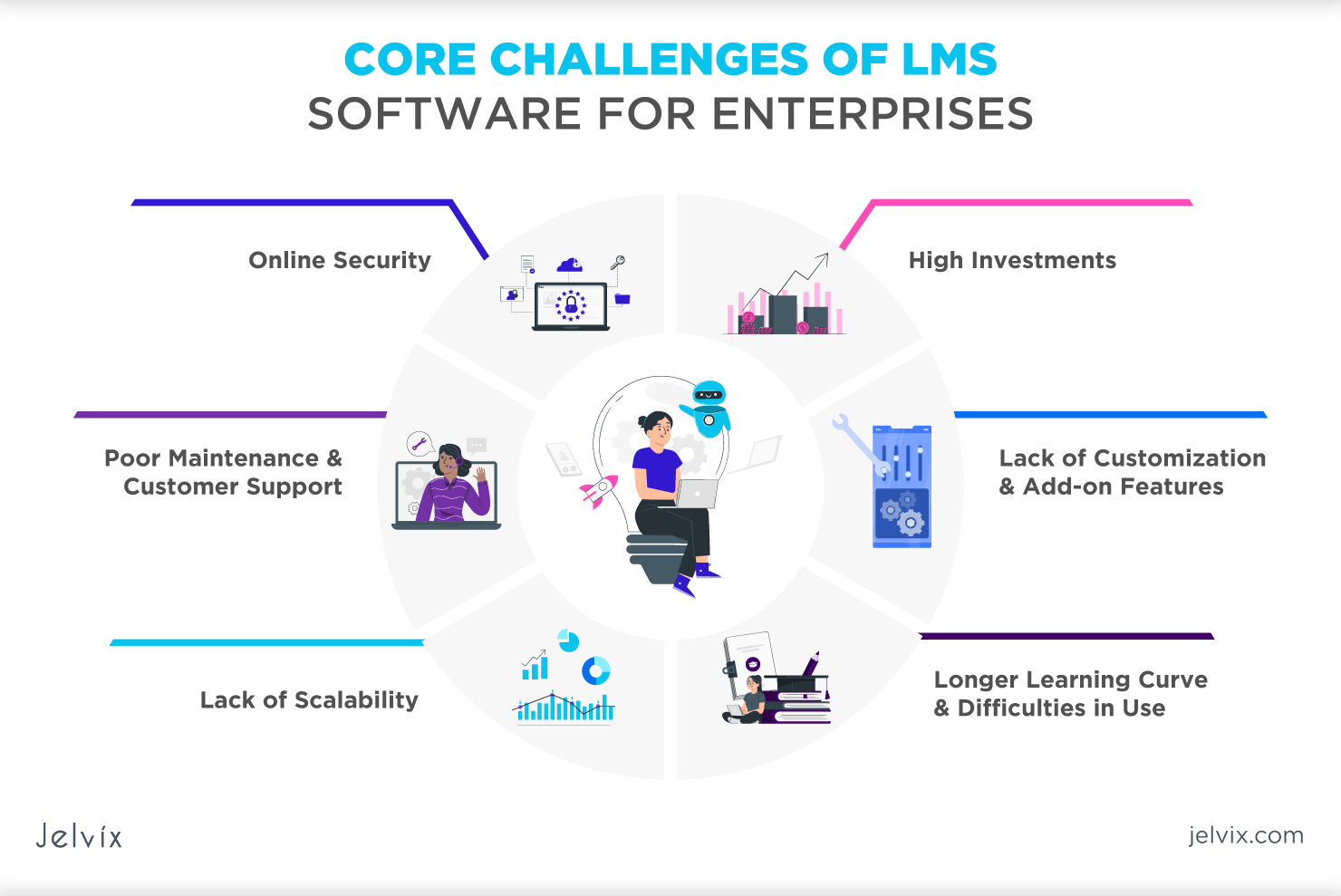Learning Management System Singapore: A Comprehensive Guide for Organizations and Educators
Learning Management System Singapore: A Comprehensive Guide for Organizations and Educators
Blog Article
Selecting the Best Learning Monitoring System for Your Organization
Selecting the optimal Learning Monitoring System (LMS) for your organization is a complex decision that calls for cautious consideration of different elements. From specifying accurate understanding objectives that reverberate with your calculated vision to examining individual experience, each factor plays an essential role in the overall performance of the system. Furthermore, recognizing combination capacities and guaranteeing scalability for future demands can not be neglected. As companies pursue effectiveness and development, the choice of an LMS ends up being significantly considerable. What are the essential considerations that can affect your decision-making procedure?
Define Your Discovering Purposes
Specifying clear understanding goals is important for the effective execution of a Learning Management System (LMS) These goals function as a roadmap, assisting the growth of web content, analyses, and total instructional techniques within the LMS. By establishing specific, measurable, attainable, pertinent, and time-bound (WISE) objectives, companies can make sure that the understanding experiences are straightened with their critical purposes and student requirements.
Efficient discovering goals must encapsulate what learners are anticipated to recognize or have the ability to do upon conclusion of a program or training program. This clearness not only aids in material creation but additionally promotes the examination of student development and the overall effectiveness of the LMS. Learning Management System Singapore. Well-defined purposes enable stakeholders to examine whether the selected LMS attributes and capabilities line up with their educational objectives.
Assess Individual Experience
Once learning goals have been developed, examining customer experience becomes a vital following action in selecting an ideal Discovering Management System (LMS) Customer experience includes the total fulfillment and ease with which students interact with the system. A well-designed LMS should assist in intuitive navigating, ensuring that individuals can situate courses, products, and assistance effortlessly.
To assess individual experience, think about performing usability testing with a representative sample of end-users. Secret aspects to review consist of the LMS's user interface layout, ease of access functions, mobile compatibility, and the clearness of directions supplied.
In addition, review the accessibility of support resources, such as tutorials and assistance centers, which can enhance the user experience. The responsiveness of customer support is additionally critical; timely assistance can significantly mitigate aggravations that users may run into. Inevitably, picking an LMS that focuses on individual experience not only improves the finding out procedure however also fosters greater interaction and fulfillment amongst learners.

Evaluate Combination Abilities
Acknowledging the significance of seamless functionality, evaluating integration capabilities is essential when selecting a Discovering Administration System (LMS) An efficient LMS must assist in interoperability with existing systems, such as Personnel Administration Solution (HRMS), Customer Partnership Administration (CRM) platforms, and other instructional tools. This integration Canvas Singapore boosts information flow, reduces management problems, and guarantees a cohesive understanding atmosphere.
When evaluating an LMS, consider the kinds of combinations offered. Seek Application Programs User Interfaces (APIs), Single Sign-On (SSO) capabilities, and pre-built adapters that improve assimilation processes. In addition, validate the LMS's capability to integrate with third-party devices, such as content collections or assessment platforms, which can significantly improve the knowing experience.

Take Into Consideration Scalability and Flexibility
As companies progress, the capability of a Learning Monitoring System (LMS) to range and adjust becomes progressively essential. A scalable LMS can fit growth in user numbers, course offerings, and content without jeopardizing efficiency or user experience. As services expand, whether via increased personnel, new places, or diversified training needs, the LMS ought to flawlessly expand together with these modifications.
Versatility is similarly vital; an efficient LMS must sustain various discovering methods, such as online, combined, and mobile discovering. This adaptability allows companies to respond rapidly to arising fads in training and growth, guaranteeing that they can use engaging and pertinent understanding experiences - Learning Management System Singapore. Furthermore, the system must offer customizable features, allowing organizations to tailor the LMS to their specific requirements and branding
Furthermore, a flexible LMS must integrate conveniently with existing platforms and devices, assisting in a cohesive discovering ecological community. Thus, when selecting an LMS, it is important to examine not just its current capacities yet also its potential to adapt and expand abreast with the organization's critical objectives and advancing learning demands. This insight can significantly enhance the long-lasting viability of the picked LMS.
Testimonial Costs and Budgeting
When evaluating a Knowing Monitoring System (LMS), reviewing costs and budgeting is important to make sure that the investment lines up with the organization's critical objectives and economic capacities. Organizations must begin by recognizing the overall cost of possession, that includes licensing costs, implementation prices, upkeep, and any kind of additional expenses such as training and technological assistance.
It is critical to compare different LMS alternatives, as prices models can differ significantly among suppliers. Some systems might supply a subscription-based design, while others might charge a single fee. Organizations must additionally think about the scalability of the LMS; as they grow, the cost framework may change, impacting lasting budgeting.

Conclusion
Choosing a suitable Learning Monitoring System (LMS) is essential for attaining business knowing objectives. Eventually, the right LMS offers as a pivotal device in promoting an effective learning setting and driving organizational success (Canvas Singapore).
Selecting the optimum Discovering Management System (LMS) for your company is a diverse decision that calls for careful factor to consider of different elements.Specifying clear knowing purposes is necessary for the successful execution of an Understanding Administration System (LMS)Once learning goals have been established, evaluating individual experience becomes a crucial next step in picking a suitable Understanding Administration System (LMS)As companies evolve, the capability of a Learning Administration System (LMS) to range and adapt ends up being increasingly essential.Picking an appropriate Discovering Monitoring System (LMS) is vital for attaining business knowing goals.
Report this page